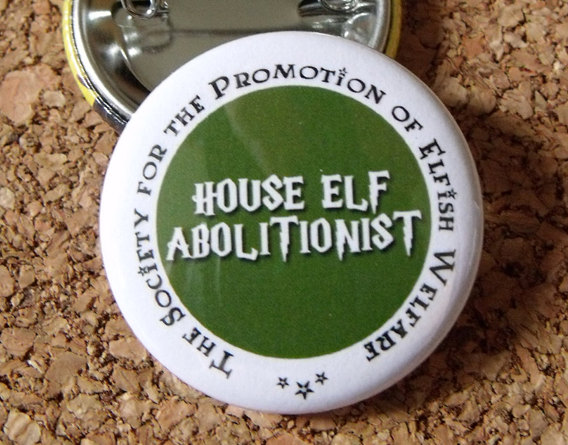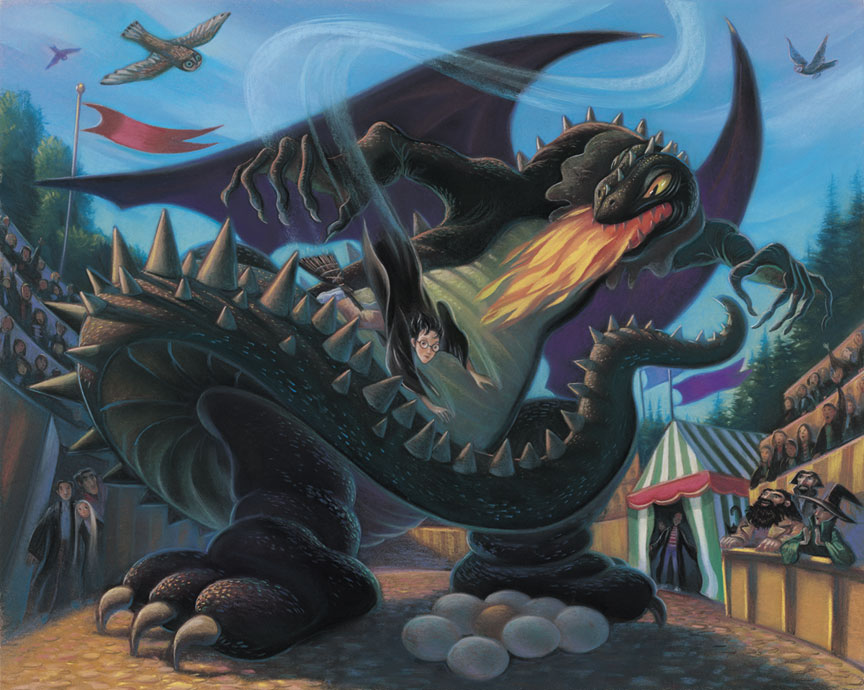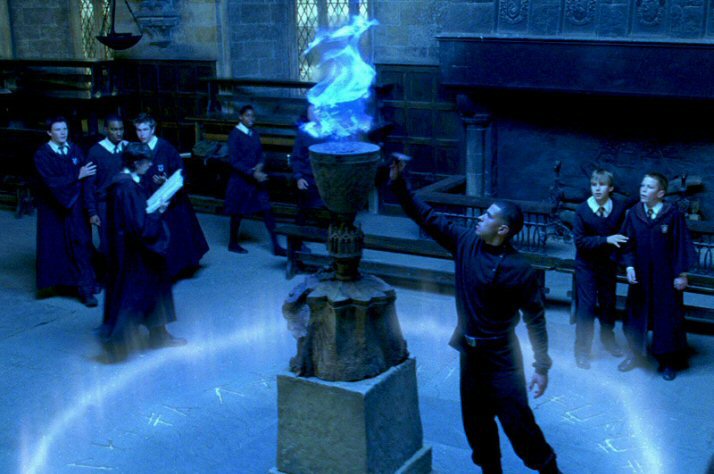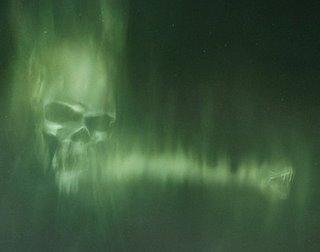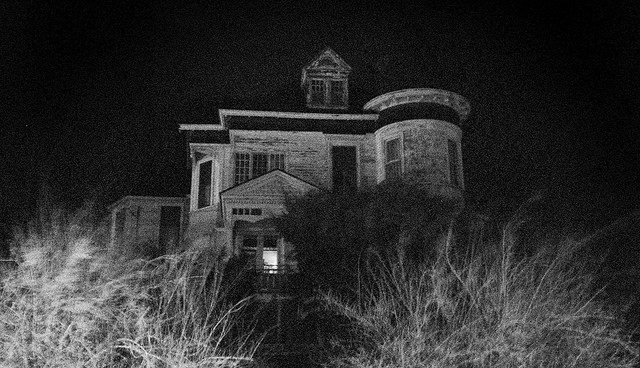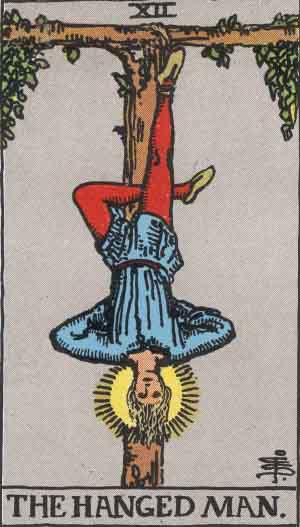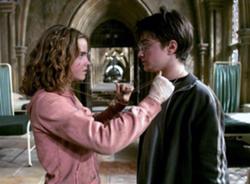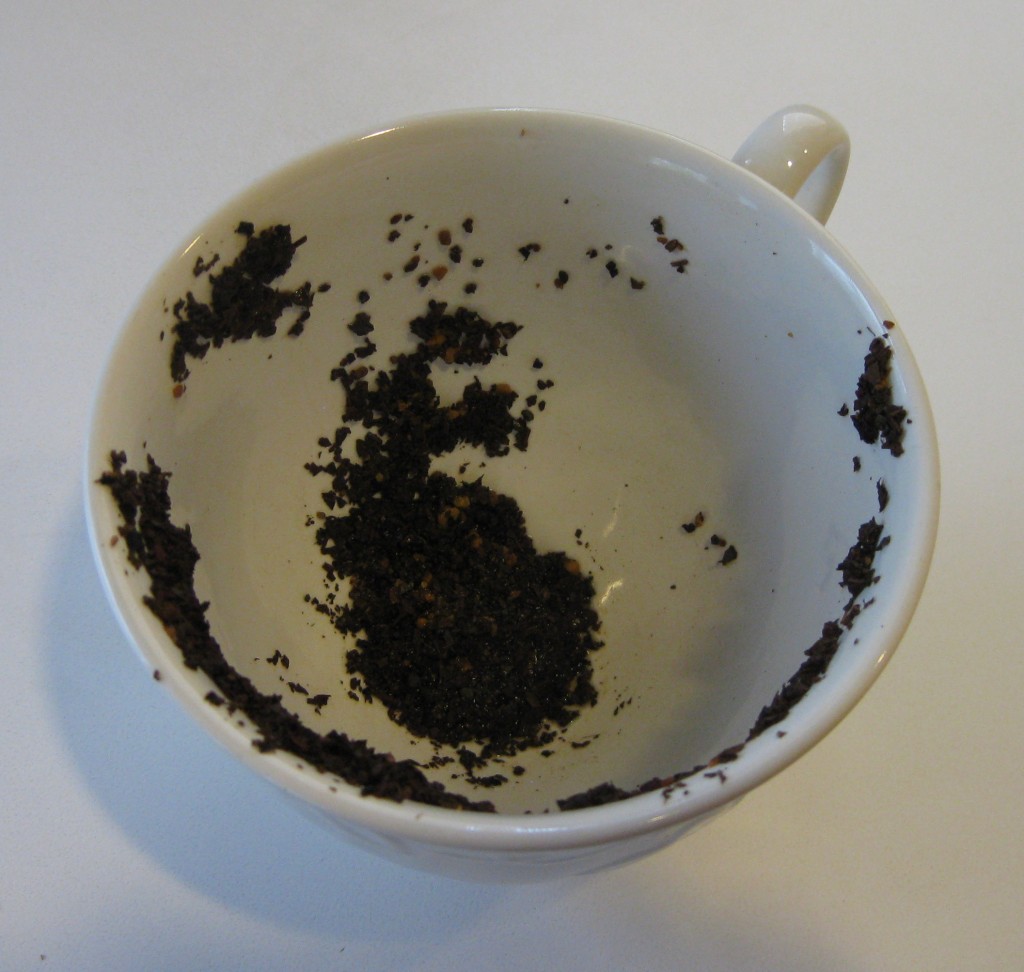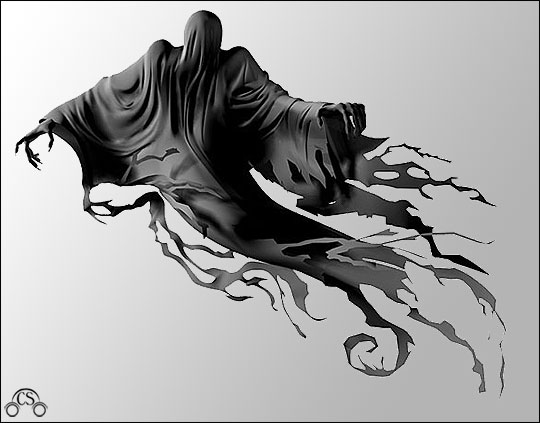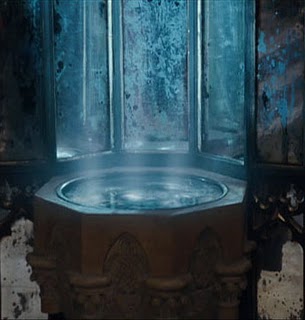 One of my favorite magical devices in the series makes its first appearance in this reading selection, chapters 26-30 of [amazon_link id=”0439139600″ target=”_blank” ]Harry Potter And The Goblet Of Fire[/amazon_link].
One of my favorite magical devices in the series makes its first appearance in this reading selection, chapters 26-30 of [amazon_link id=”0439139600″ target=”_blank” ]Harry Potter And The Goblet Of Fire[/amazon_link].
Chapter 26 sees Harry preparing in earnest for the second task after he’s worked out the egg clue. The trio are talking about what Moody said about Snape being on a second chance, and Harry remarks, “I just want to know what Snape did with his first chance, if he’s on his second one.” The arc of Snape’s development is interesting to watch. He is a complex character precisely because he’s not a nice guy, but he is ultimately on the side of good, and the reason he is good is that he has loved someone deeply. I think perhaps one of the strongest motifs of this series is that there is true goodness in love. Voldemort’s evil stems in part from the fact that he has never known love and therefore cannot understand it as a motivation for behavior. It is this blind spot that is his downfall over and over again, from trying to kill Harry to trusting Snape to believing he can be stronger and even defeat Harry if he steals Harry’s blood to his final defeat at the Battle of Hogwarts when he cannot fathom the characters’ strong bonds of love for one another that give them, as Harry puts it in the fifth movie, “something worth fighting for.” And part of loving others is giving them second chances and forgiving them, which is yet another thing—forgiveness—that Voldemort cannot comprehend. Dumbledore trusts Snape not just because of what he knows about Lily, but because he understands the power of his forgiveness over Snape. Snape will get no such treatment from Voldemort, no matter how useful he might be.
Dobby finds Harry in the library and gives him gillyweed, which enables him to grow gills and swim easily underwater. The route by which Harry gets the gillyweed is a little circuitous. I actually liked that the movie had Harry find out about it from Neville. That had been Moody/Crouch’s plan all along, but in the book, Harry never asks Neville for help and so Moody/Crouch lets slip that gillyweed would work where Dobby could overhear. A bit contrived. I imagine the movie used Neville instead because of the extra expense of CGI Dobby. That whole film cuts the storyline waaaay down, anyway, but I do like Harry getting gillyweed from Neville better. Sigh.
A moment’s pause to reflect on what a ridiculously dangerous task the champions are set. I mean anyone could have drowned, hostages or champions. I suppose the fact that so many trained wizards are on hand would probably have prevented such a tragedy, but still. I have to wonder again about why anyone sends their child to Hogwarts.
In chapter 27, I noticed a nice little bit of foreshadowing I don’t think I have picked up on before. When Hermione is speculating about how Rita Skeeter could have known that Viktor asked Hermione to visit him in Bulgaria over the summer, she is “holding her pestle suspended over a bowl of scarab beetles.” Of course, Rita turns out to be an animagus who turns into a beetle. If you re-read the book after knowing about Rita, you notice that Rowling carefully connects those dots and plants clues about Rita’s secret.
It does crack me up every time when Snape sidles over to their table and says, “Fascinating though your social life undoubtedly is, Miss Granger, I must ask you not to discuss it in my class. Ten points from Gryffindor.” But then he reads that horrible article out loud. That’s just nasty. I have known teachers who will do that sort of thing—read notes out loud. Of course, students today rarely pass notes in class. They text.
Much has been made of Sirius’s statement in this chapter that “If you want to know what a man’s like, take a good look at how he treats his inferiors, not his equals.” On the one hand, Sirius seems to be advocating kindness towards creatures like house elves, but on the other, his statement makes it very clear he considers them lesser beings, and he himself is not kind to Kreacher. He has his reasons. Kreacher is pretty horrible to him. It’s interesting that Harry later determines that kindness is the key to reaching Kreacher and actually befriends the elf, but Sirius, despite this platitude, never figures that out.
We also learn that Sirius never had a trial before he was sent to Azkaban. Had he been given a trial, there is a chance he might have gone free, though the evidence against him did look overwhelming. Crouch’s tactics as Head of the Department of Magical Law Enforcement are reprehensible. He allowed Aurors to use Unforgivable Curses and sent others besides Sirius to Azkaban without a trial. He did it for what he might have viewed as the greater good, but as we learn in the rest of the series, many atrocities are committed by people who think they are acting “for the greater good.” My hunch is that we’ll find out more about Crouch’s background on Pottermore when this book is released, and one thing I expect to find out is that he was in Slytherin House in school. And then, his son is caught alongside the Lestranges, torturing the Longbottoms. I am interested to learn more about Barty, Jr. He swears he is innocent, but all of his actions in this book point to his being a full-fledged Death Eater. I’d be interested to know how he wound up in the company of Death Eaters.
Sirius also wonders why Dumbledore would hire Snape to teach given Snape’s fascination with the Dark Arts. As we later learn, he invented quite a few hexes, including the very nasty Sectumsempra. Sirius says, “Snape knew more curses when he arrived at school than half the kids in seventh year and he was part of a gang of Slytherins who nearly all turned out to be Death Eaters.” He has a keen mind, and that he would choose to dwell so much in such activity is interesting. I have to say as much as we learn about Snape and his history, I still would like to learn more. But Sirius cannot get past one fact: Dumbledore trusts Snape. And though Dumbledore “trusts where a lot of other people wouldn’t,” it doesn’t make sense to Sirius that Dumbledore would let Snape teach at Hogwarts if he had ever been a Death Eater, which just illustrates further Dumbledore’s capacity to forgive and ability to understand others, and, indeed, to understand regret and what it means to have a second chance—something, as we find out, Dumbledore himself was never given. As the trio leaves Sirius in the cave near Hogsmeade, they talk about Percy and Crouch. Ron has the measure of Percy: “But maybe he doesn’t care … it’d probably just make him admire Crouch even more. Yeah, Percy loves rules. He’d just say Crouch was refusing to break them for his own son,” to which Hermione replies, “Percy would never throw any of his family to the Dementors.” Ron says, “I don’t know … If he thought we were standing in the way of his career … Percy’s really ambitious, you know.” Foreshadowing. You know, I just don’t ever forgive Percy for being such an ass later. I just don’t. I guess every family has to have a jerk like Percy in it somewhere.
In chapter 28, Harry says something to Hermione about Rita Skeeter using “bugging,” and Hermione gets an idea. She dashes off to the library to check, and sure enough, Rita Skeeter is not a registered animagus. Later in the chapter, he and Krum go have a chat in the forest after learning about the final task, and Crouch shows up, raving mad. He is clearly fightly off the Imperius Curse with some difficulty.
In chapter 29, Harry speculates that Moody was using the Marauder’s Map to reach them in the forest so quickly, which is precisely what he was doing. The trio later runs into Fred and George in the Owlery, discussing blackmail, when Ron warns them they could get in trouble for that, George says, “Carry on like this and you’ll be made a Prefect.” Ron replies hotly, “No I won’t!” Interesting because, of course, he is made a Prefect, and he is not disappointed about it when it happens.
Harry later has a dream in Divination that appears to be real—he is seeing what Voldemort is doing at that moment. He goes straight to Dumbledore, who is with the minister and leaves Harry in his office, alone with the Pensieve, which he did not put away properly. Naturally, Harry peeks. The first scene Harry sees is Karkaroff’s trial, in which he names the names of other Death Eaters in order to walk free. Harry learns that Snape himself was, indeed, a Death Eater. The scene changes, and Harry is seeing a new trial. This time, Ludo Bagman is testifying on his own behalf, addressing charges that he passed information to Voldemort through Augustus Rookwood. The wizards and witches in the courtroom are so blinded by Bagman’s celebrity that they can’t focus on the trial, and Bagman walks. The scene changes again, and this time, four people are brought in—the Lestranges and Barty Crouch, Jr. Harry learns that Neville’s parents were tortured into insanity.
I have always found it interesting that Barty, Jr. pleads his innocence. I don’t know how guilty he actually is. Did he become true to Voldemort only after his father cast him away, or is his desperation in the court a ruse to appeal to his father’s paternal instincts in order to avoid prison? It’s hard to say. I think he was probably young and stupid. He was with the Lestranges when they were caught, but knowing them, I have a hunch they did the torturing while Crouch more or less watched and did nothing about it. However, his behavior later suggests that he has strong loyalty to Voldemort, even after all these years have passed. He seems to view Voldemort as a father figure—a substitute for the father who cast him aside and then imprisoned him for years. It’s a complicated situation, and I’d like to learn more about him, for sure.
At that point, Dumbledore returns to his office, and far from chiding Harry for nosing into the Pensieve, he is patient and understanding of Harry’s curiosity. He shows Harry how the Pensieve works and even answers his questions about what he saw in it. It would be a great device to have if you want to make connections and see how everything fits together.
Harry and Dumbledore discuss Harry’s scar hurting, and Dumbledore says that Voldemort and Harry “are connected by the curse that failed.” Whether he has completely figured out that Harry is a Horcrux or not at this stage is not clear, but I believe he has. I think he realizes that the diary is a Horcrux in Harry’s second year, and he deduces that Harry must be one as well before the events in this book.
Harry probes Dumbledore about why he trusts Snape, but Dumbledore says, “That, Harry, is a matter between Professor Snape and myself.” The relationship between Snape and Dumbledore is one of the closest and most touching in the books. When we finally explore it from Snape’s memories in the final book, Snape and Dumbledore are both illuminated. I know my perspective of them both changed as I saw their relationship through that lens.
